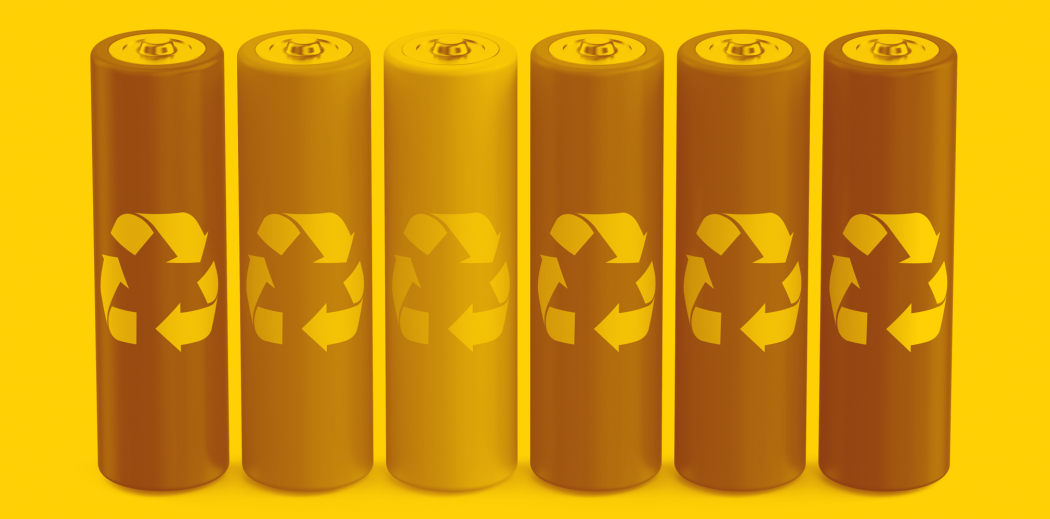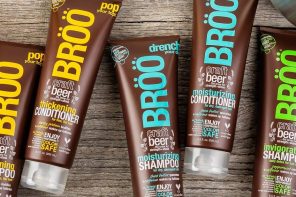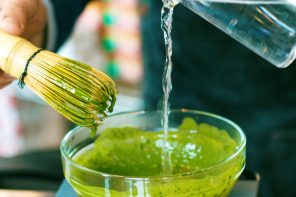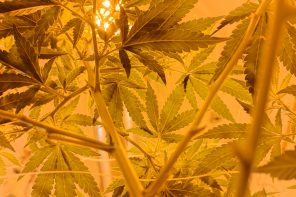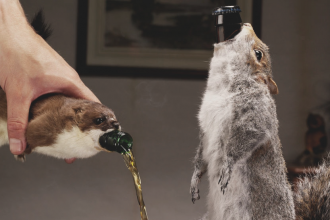Beer is turning out to be a lot cooler than I ever thought it was—first, Belgian scientists were making beer out of urine, and now researchers at the University of Colorado in Boulder are turning breweries’ wastewater into batteries.
Well, not technically physical batteries, per se, but they’re transforming the wastewater into a fungal pool that can be used for growing the “most efficient naturally-derived lithium-ion battery electrodes.” The researchers add fungus to the sugar-rich wastewater, which cleans and filters the water, simultaneously creating “one of the most efficient naturally-derived lithium-ion battery electrodes known to date.”
This scientific breakthrough is mutually beneficial for breweries and battery makers. It turns out that breweries have to pay a lot of money to filter wastewater before they can legally dispose of it, and battery makers now have more cost-efficient access to the raw materials needed for making fuel cells. It takes about seven barrels of water to make one barrel of beer, so there’s plenty of wastewater left for these researchers to experiment with.
Graduate student Tyler Huggins is leading this project, and said, “the wastewater is ideal for our fungus to flourish in, so we’re happy to take it.” Once the fungus, called Neurospora crassa, grew into a large enough mass, they dried it out and baked it—from there, they’ll extract the carbon, which goes right into the battery. Huggins and his colleagues believe in a future for this business, and have filed a patent for this process.
Justin Whiteley, another researcher on this project, cited graphite as one of the materials in batteries they’re looking to replace. Graphite is an unsustainable material, and comes mostly from China—making it expensive and not environmentally friendly.
Much to my surprise, this isn’t the first time beer and battery production have overlapped. In 2007, Australian beer maker Foster’s teamed up with scientists at the University of Queensland to host a microbial fuel cell—or, beer battery—which produced clean electricity. This fuel cell used bacteria to consume the organic matter from the wastewater, breaking down alcohol, starch and sugar and simultaneously producing electricity, clean water and carbon dioxide. It was predicted to produce enough energy to power a household. When will these beer batteries be in stores?!
The Colorado researchers are partnering with Boulder-based Avery Brewing to continue testing and have plans to launch a large-scale beer wastewater recycling program. So if you’re interested in supporting scientific discovery and want to live an eco-conscious lifestyle…drink up!

